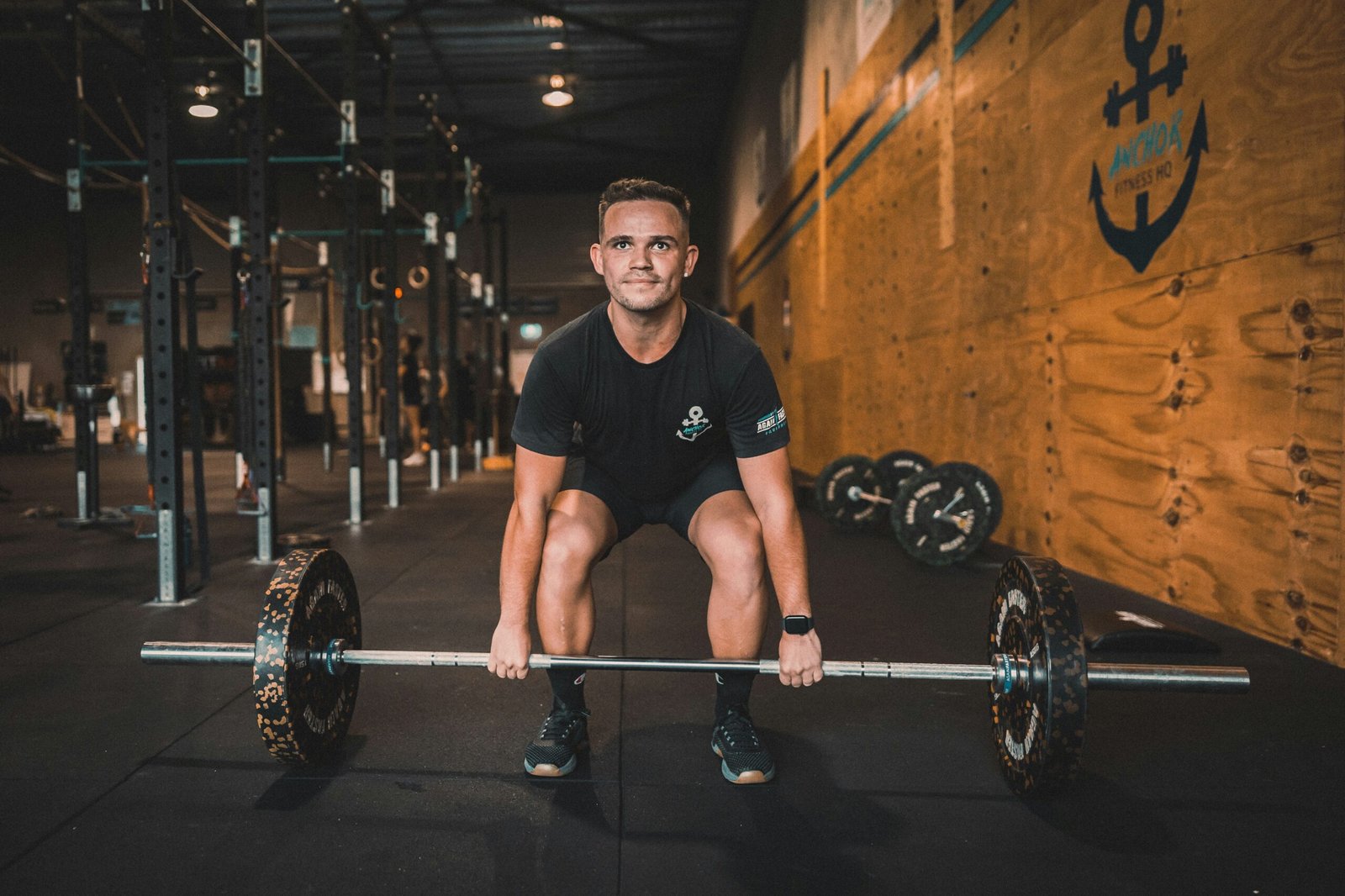
Functional fitness has gained popularity in recent years as more people recognize the importance of incorporating exercises that mimic real-life movements into their fitness routines. Unlike traditional gym workouts that focus on isolated muscle groups, functional fitness exercises train your body to perform everyday activities more efficiently and effectively.
What is Functional Fitness?
Functional fitness is a type of exercise that focuses on improving your ability to perform everyday tasks and activities. It involves movements that mimic real-life actions, such as pushing, pulling, lifting, and twisting. Unlike traditional weightlifting or cardio exercises, functional fitness workouts engage multiple muscle groups and joints simultaneously, making them more practical for real-life situations.
The Benefits of Functional Fitness
Functional fitness offers a wide range of benefits that go beyond just building strength and endurance. Here are some of the key advantages:
Improved Daily Functionality
By training your body to perform movements that you encounter in your daily life, functional fitness exercises can help you become more efficient and confident in completing everyday tasks. Whether it’s carrying groceries, lifting heavy objects, or playing with your kids, functional fitness can enhance your overall functionality and make these activities easier.
Injury Prevention
Functional fitness exercises focus on improving your balance, stability, and coordination, which are crucial for preventing injuries. By strengthening the muscles and joints involved in everyday movements, you can reduce the risk of falls, strains, and other common injuries.
Increased Core Strength
Functional fitness workouts often incorporate exercises that target your core muscles, including your abdominals, back, and hips. A strong core is essential for maintaining proper posture, stability, and balance, which are important for overall strength and injury prevention.
Enhanced Sports Performance
Whether you’re an athlete or a weekend warrior, functional fitness can improve your performance in sports and other physical activities. By training your body to move in a more functional and efficient way, you can enhance your speed, agility, and power.
Functional Fitness Exercises
There are numerous functional fitness exercises that you can incorporate into your workout routine. Here are a few examples:
Squats
Squats are a fundamental functional fitness exercise that mimics the motion of sitting down and standing up. They engage multiple muscle groups, including your quadriceps, hamstrings, glutes, and core. Squats can help improve your leg strength and overall stability.
Push-Ups
Push-ups are a classic exercise that targets your chest, shoulders, triceps, and core muscles. They mimic the motion of pushing yourself up from the ground, which is a movement you often perform in daily life.
Farmer’s Walk
The farmer’s walk is a simple yet effective exercise that involves carrying heavy weights in each hand and walking. This exercise targets your grip strength, core stability, and overall body strength. It simulates carrying heavy grocery bags or lifting objects off the ground.
Plank
The plank exercise is excellent for building core strength and stability. It involves holding a position similar to the top of a push-up, engaging your abdominals, back, and shoulder muscles. A strong core is essential for maintaining proper posture and preventing lower back pain.
Burpees
Burpees are a full-body exercise that combines a squat, push-up, and jump. They are a great way to improve cardiovascular fitness, strength, and explosiveness. Burpees mimic the motion of getting up from the ground quickly, making them a functional exercise for daily activities.
Getting Started with Functional Fitness
If you’re new to functional fitness, it’s essential to start slowly and focus on proper form. Consider working with a certified personal trainer who can guide you through the exercises and ensure you’re performing them correctly.
Remember, functional fitness is about training your body for real-life movements, so it’s crucial to choose exercises that align with your daily activities and goals. Whether you’re a busy parent, an athlete, or someone looking to improve their overall functionality, functional fitness can help you move better and live a healthier life.
So, why not give functional fitness a try? Incorporate these exercises into your routine and experience the benefits of training your body to perform real-life movements. Your body will thank you!